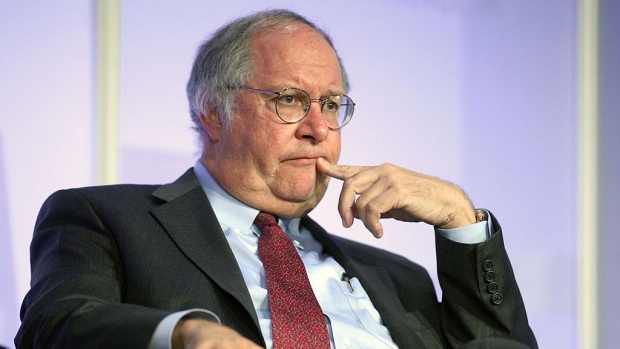Jul 14, 2020
Value stocks' advantage is probably short-lived

Legendary investor Bill Miller, this week's guest on Masters in Business, is anything but your standard-issue value-stock money manager. He has owned high-flying stocks such as (Google parent) Alphabet and Amazon since their initial public offerings. At one time, he was one of the 100 biggest holders in Bitcoin, personally, buying the cryptocurrency between US$200 and US$400 (it recently traded at about US$9,200). He has not yet sold any.
Miller says that “value has led markets out of every recession as far back as the data goes.” That is because value stocks tend to be more cyclical and their returns on capital decline when the economy peaks. Whatever advantage value may have had will be short-lived, as growth will reassert itself. Low nominal growth rates and low inflation are much more challenging for value stocks and make growth stocks look cheap.
Miller rebooted his investing philosophy after the 1987 stock-market crash and his fund’s terrible market returns in 1989 and 1990. He began integrating academic research that had showed a benefit of focusing on return on capital through a market cycle. Instead of the using traditional measures embodied in generally accepted account principles, he focused on free cash flow yield, return on invested capital and full-cycle earnings.
The result of these changes was the fund he was managing, Legg Mason’s Capital Management Value Trust, soon went on an unprecedented winning streak: after-fees returns beat the S&P 500 Index for 15 consecutive years from 1991 through 2005.
Today, his firm, Miller Value Partners, manages more than US$2 billion in client assets.
This column does not necessarily reflect the opinion of the editorial board or Bloomberg LP and its owners.
Barry Ritholtz is a Bloomberg Opinion columnist. He is chairman and chief investment officer of Ritholtz Wealth Management, and was previously chief market strategist at Maxim Group. He is the author of “Bailout Nation.”


